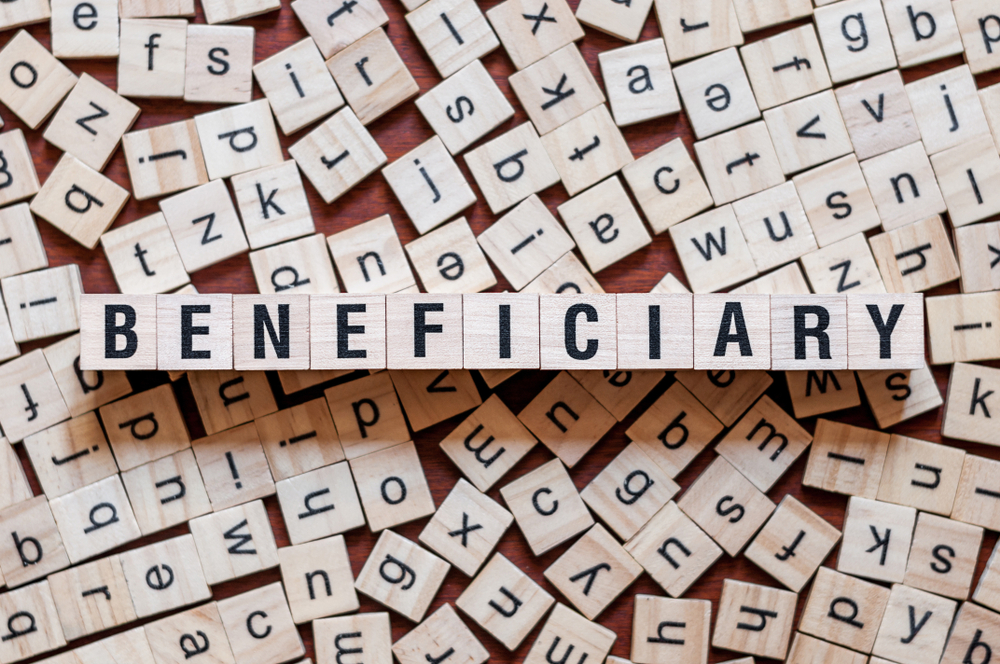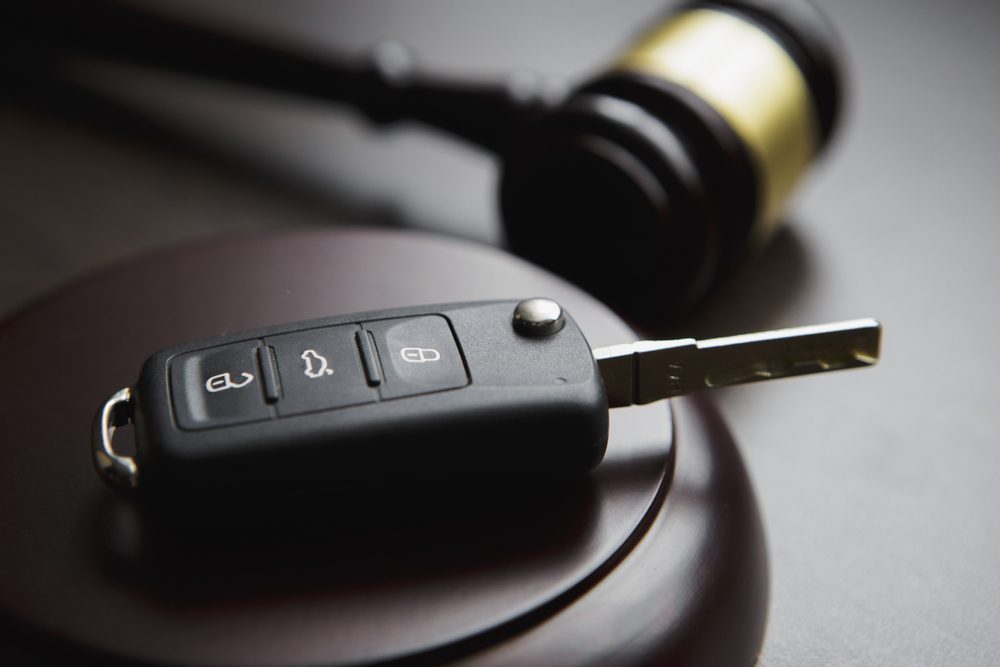You’ve just been told you’ve been named a beneficiary of a trust, and we wouldn’t blame you for having a lot of questions about what comes next. Here is your crash course! In this blog, we’ll examine the role of a trust beneficiary, the various types of trusts, and the rights you have after being named a trust beneficiary.
What is a Trust Beneficiary?
As you may already understand, a trust beneficiary is the person who benefits from a trust, typically by receiving the trust income or assets. There are two types of trusts, and it’s important for you to know which type the grantor has chosen to get an understanding of how to best proceed from here.
- Testamentary Trusts – A trust created upon the death of an individual.
- Living Trusts – A trust created while the grantor is still living.
There are also two unique types of living trusts that will greatly shape the transfer of assets process:
- Revocable – Allows assets to be changed or returned to the grantor prior to their passing.
- Irrevocable – Assets are permanently removed from the grantor’s estate, allowing for a tax-free transfer after their passing.
What are My Rights as a Trust Beneficiary?
- Payment – Beneficiaries have the right to monetary and asset distributions outlined by the grantor in their trust document.
- Right to information. Trust beneficiaries may ask about the trust in order to gain a thorough understanding of their rights and the planned administration of the estate.
- Right to a special accounting. A trustee is named by the grantor to ensure their wishes are met and assets are properly distributed. If a beneficiary suspects an issue with the performance of a trustee, they have the right to request a special accounting.
- Remove the trustee. If a trustee is performing less than optimally, beneficiaries may come together and request their removal from the trust.
- End the trust- If a trust has been fulfilled or is impossible to completely fulfill, remaining beneficiaries may agree to petition the court to end the trust.
Contact Mobley & Brown, LLP for Help with Your Next Steps as a Trust Beneficiary
If you are searching for an estate planning and family law attorney in Maryland and unsure where to turn, contact Mobley and Brown, LLP today. Our experienced legal team will work with you to meet your needs. Call us now at (410) 385-0398.













